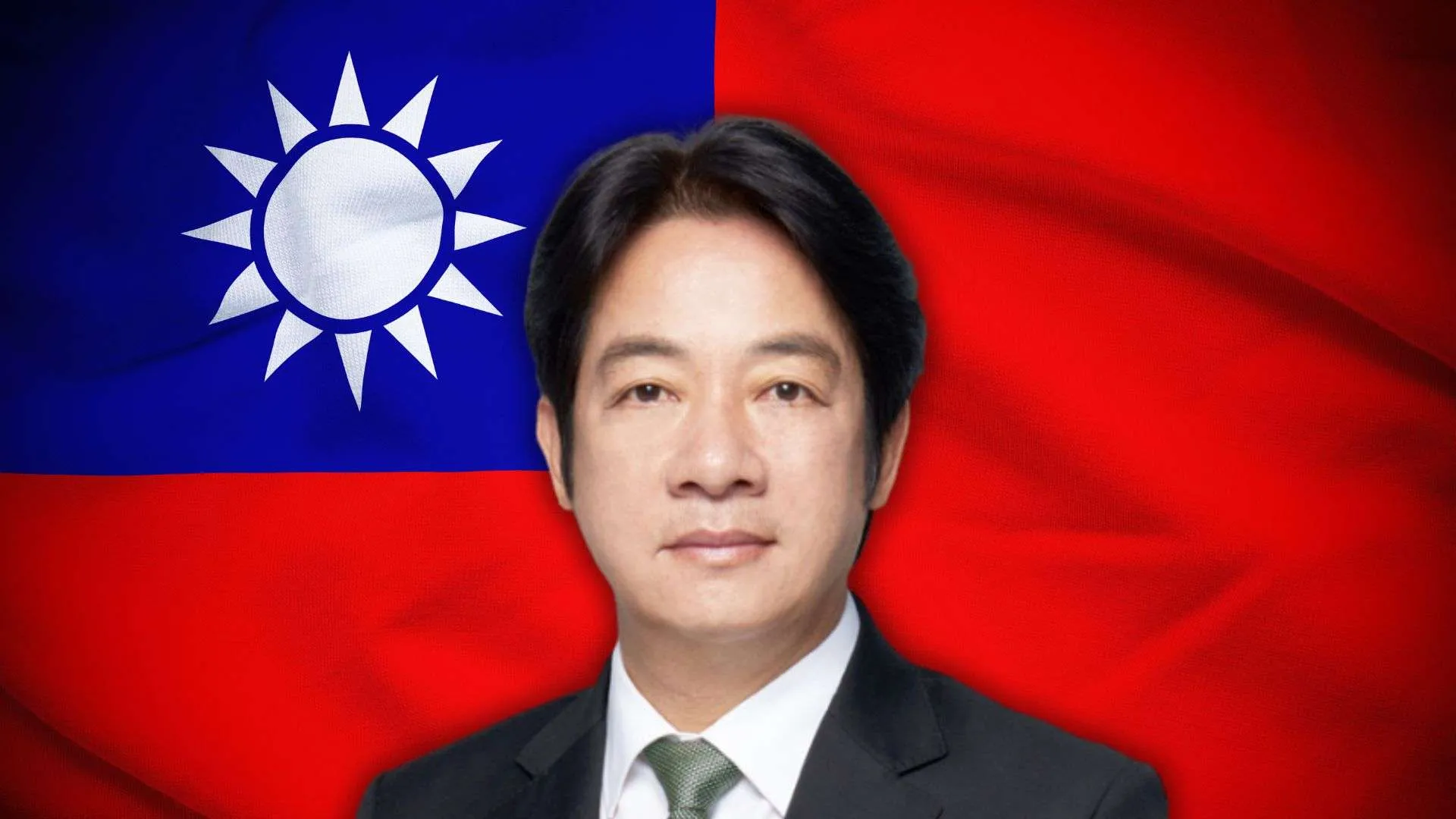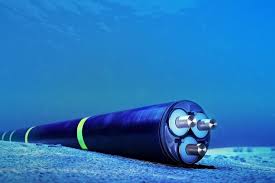by Martin Haffner Associate Editor
aiwan President Lai Ching-te has pledged to boost military spending, a move aimed at showing U.S. President Donald Trump that the self-ruled island is committed to defending itself from China.
Lai said at a news briefing in Taipei on Friday that Taiwan would boost expenditure to 3% of GDP, though he didn’t indicate when that would start. Taiwan said earlier it would spend a record amount on defense in 2025, though that would work out to 2.45% of estimated GDP, in line with recent years.
“Taiwan is willing to cooperate with the U.S. in every aspect,” Lai said in his remarks, which followed a meeting with national security officials. He added that Taiwan would expand investment in the U.S. and buy more of its goods, and that his government was communicating with the Trump administration.
Lai’s comments underscore his desire to stay in Trump’s good graces, largely because the U.S. is Taiwan’s biggest military backer in the face of mounting Chinese aggression.
While campaigning last year, Trump suggested the archipelago should devote 10% of GDP to its armed forces — those comments align with his push for NATO members in Europe to bear more of the costs of collective defense. Trump has also said Taiwan “should pay” for U.S. protection, prompting Premier Cho Jung-tai to defend Taipei’s efforts to protect itself.
Complicating matters for Lai, Taiwan’s trade surplus with the U.S. surged to a record high last year. That trend could be a potential source of ire for the U.S. leader, who wants to rebalance America’s trade relations.
Any tariffs directed at Taiwan could imperil its economy, which grew at the fastest pace in three years in 2024, boosted by the AI boom creating demand for its tech products. On Thursday, Trump said that he would enact import taxes on semiconductors and other goods “over and above” reciprocal tariffs at a later date.
In his remarks Friday, Lai said the domestic chip industry “can handle the new situation,” though he didn’t elaborate. He said his government would talk to the chip industry about ways to communicate with the U.S., adding Taipei will cautiously respond to Trump’s concerns. While campaigning, Trump also accused Taiwan of stealing the U.S.’s chip business.
The extra funds for defense would be secured through a special budget, Lai said. Such a move would require the cooperation of opposition lawmakers because they control the legislature. The opposition, led by Kuomintang, has proven a challenge for Lai to deal with since he took office May, proposing several legal changes his government opposes such as reviews of certain projects before more funds are released.
Taiwan said earlier it is considering buying more energy from the U.S. to fulfill the rising needs of its industries, potentially heading off the threat of tariffs.



